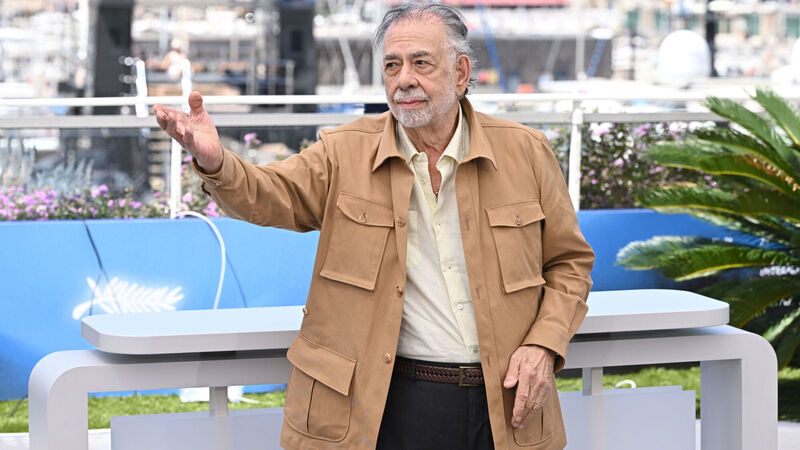Megalopolis divides the critics, but rumours of Coppola's retirement have been greatly exaggerated

Francis Ford Coppola during a photocall for Megalopolis at the 77th Cannes Film Festival last week. 'Years ago when I said I wanted to do this, people said why?' Photo: Doug Peters/PA
It’s difficult to cleanse the palette after Francis Ford Coppola’s Megalopolis. Days after the Cannes critics set their eager eyes on the director’s self-declared magnum opus, chins are still being stroked and heads scratched.
Unsurprisingly, the film has been receiving wildly varying reviews. While some have dubbed it awe-inspiring and exhilarating, most have brutally dismissed Coppola’s efforts as an incoherent failure. Whatever the feedback may be on his latest, it’s difficult not to be endeared by Coppola’s passion and love for the project.




